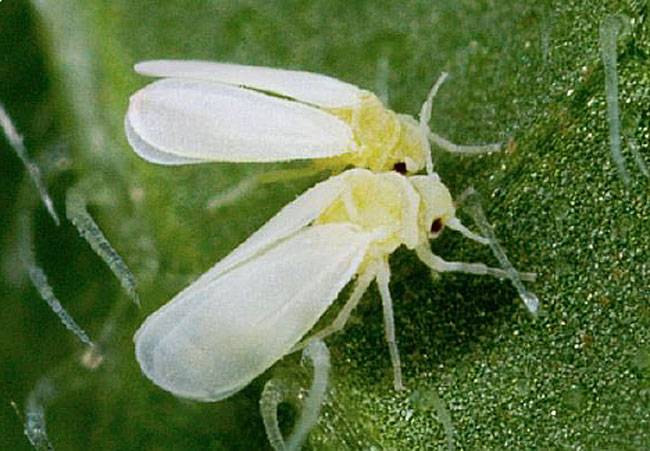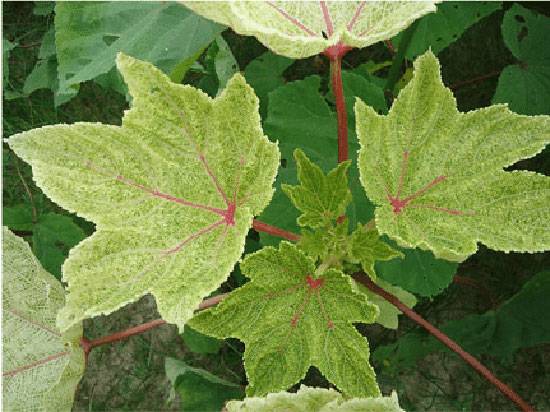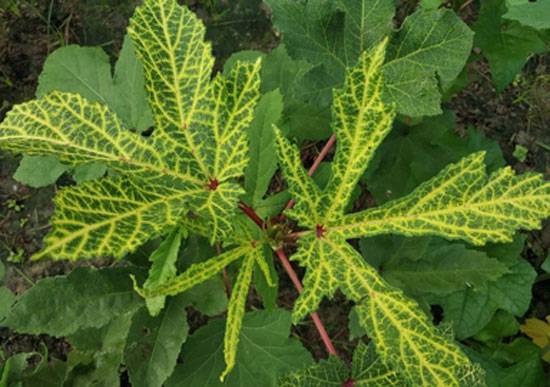Bhendi
White Fly

White Fly
Bemisia tabaci

White Fly
Bemisia tabaci

White Fly
Bemisia tabaci
The whitefly species complex, Bemisia tabaci, is one of the most damaging insect pests worldwide. It inflicts significant losses on agricultural crops through direct feeding damage and by transmitting plant viruses. With over 35 cryptic species in the complex, Bemisia tabaci demonstrates remarkable adaptability to changing agroecosystems, making it a persistent challenge for farmers.
Life Cycle and Development
Stages of Life:
- Six stages: egg, four nymphal stages, and adult.
Development Duration:
- Ranges from 15–70 days, depending on temperature and plant host.
Temperature Range:
- Development occurs between 10–32°C (50–89.6°F).
Impact on Crops
Direct Damage:
- Feeding causes chlorosis, stunted growth, and in severe cases, wilting.
Virus Transmission:
- Serves as a vector for numerous plant viruses, compounding damage.
Host Range:
- Feeds on hundreds of plant species, including major crops like tomato, cucumber, pepper, eggplant, cotton, sweet pepper, and tobacco.
Adaptability and Climate Change
Adaptability:
- Fast adaptation to changes in agroecosystems enhances its survival.
Climate Change Influence:
- Global warming and human-induced climate change are likely to increase its invasiveness and importance in agriculture.
Blog
Explore Our Blog

